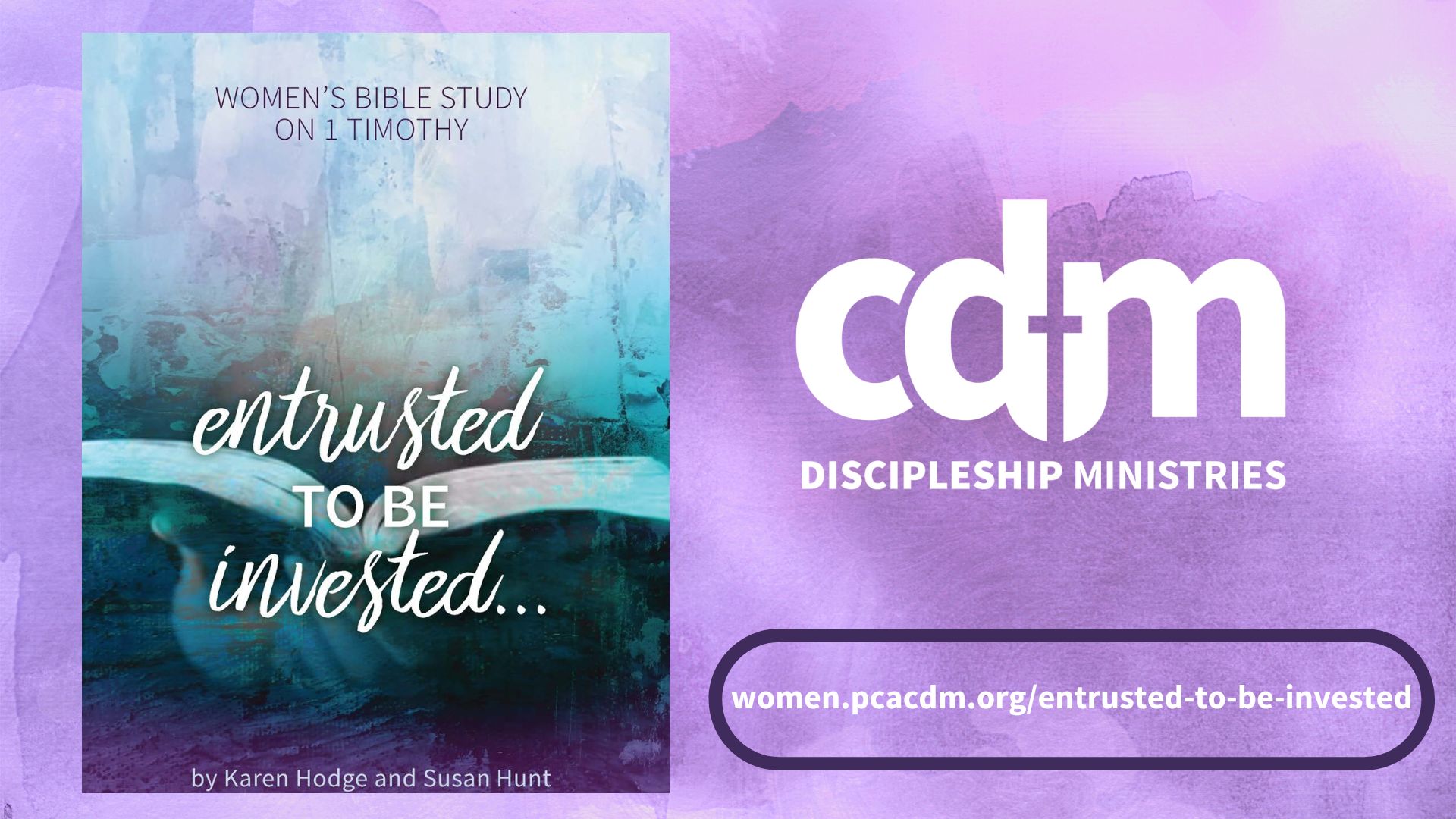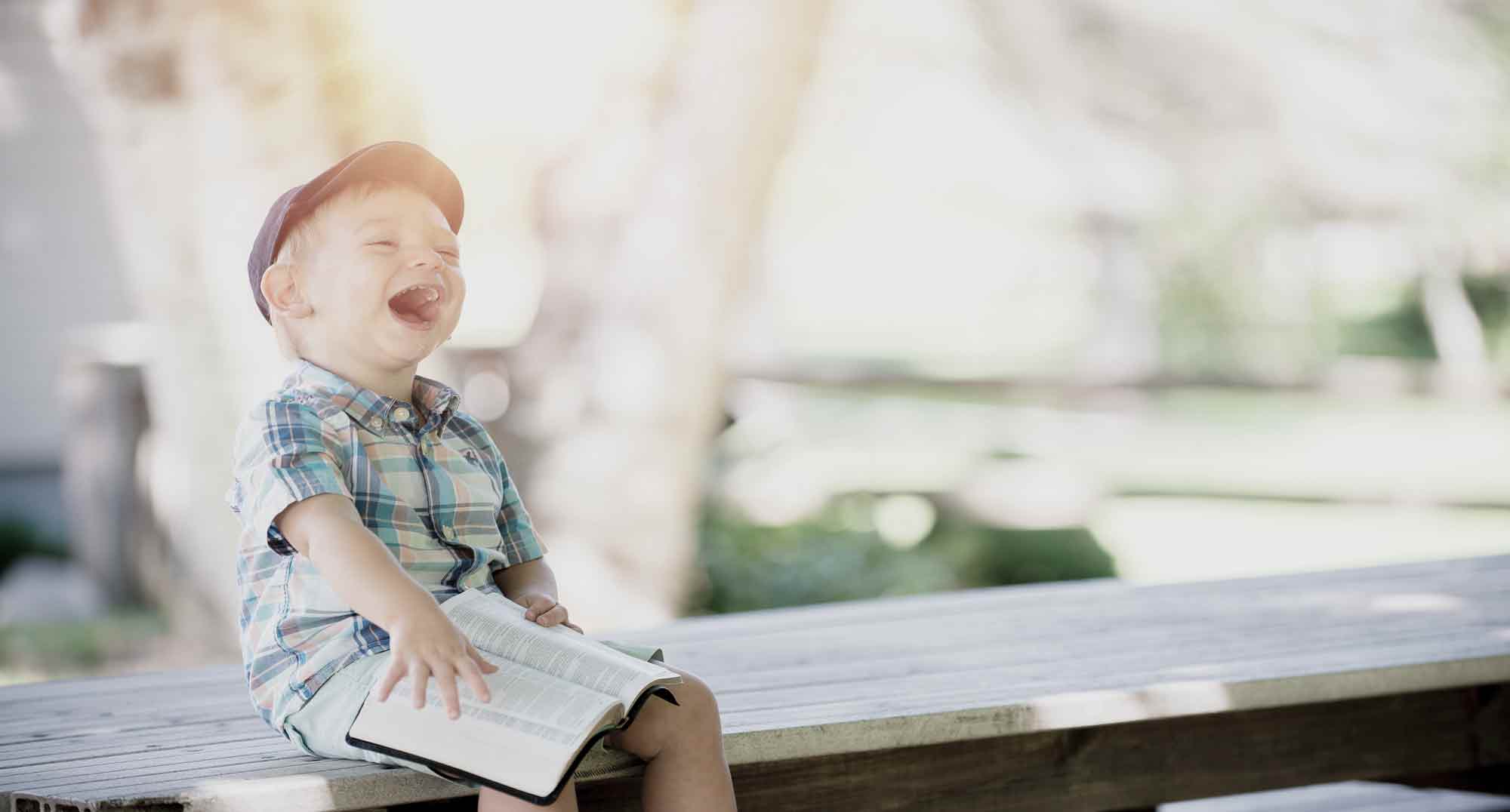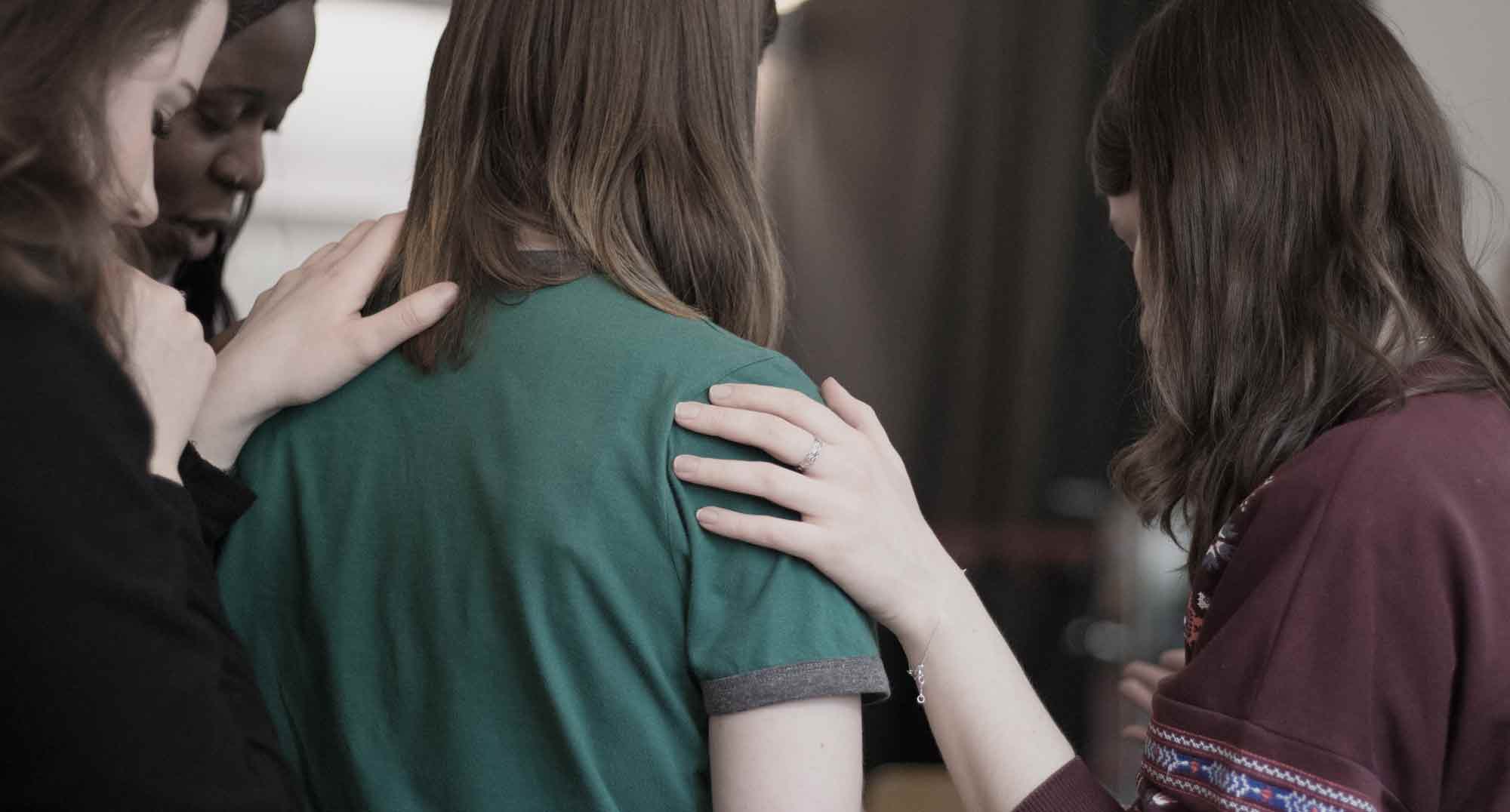How I Grew to Love the PCA
JAMYE DOERFLER|GUEST I grew up in non-denominational, charismatic-leaning churches. Then, at 22, I married a PCA guy—one who intended to become a pastor, no less. In the beginning, it was difficult for me to fully embrace the denomination, but twenty-five years later, I can see how God has worked in my heart to bring me to a place where I recently helped my husband plant a PCA church. You may be wondering how a nice Reformed guy could end up with a girl like me in the first place. Peter and I met at Grove City College in Pennsylvania, which was once associated with the PCUSA but now has students of every Christian stripe. When we started dating in senior year, we had no intention of marrying. After all, he wanted to be a pastor, and I wasn’t interested in being a pastor’s wife (but that's a story for another time). Our doctrinal differences weren't as important as the fact that we were both committed Christians. We were out of college and living in different states when we decided to marry, so it wasn’t until then that the rubber hit the road. Like all newlyweds, Peter and I had to make decisions about whose way we would do things. Wash the dishes with a rag or sponge? Open gifts on Christmas Eve or morning? When it came to choosing a church, we had to reconcile differences both of theology and preference. Only there wasn’t much of a debate here—our choices were limited because he needed to be under the care of a Presbytery. What even was a presbytery?!...










